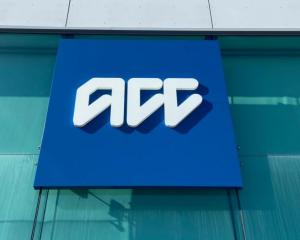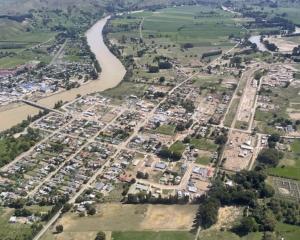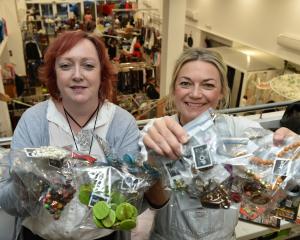
The company on wednesday reported an unaudited after-tax profit of $7.1 million for the six months to February 1, down 16.5% on the previous corresponding period.
Sales were down 1.7% in the period to $100.6 million.
An interim dividend of 14c per share will be paid with 6c per share being tax paid.
Chairman Warren Bell said the result had been driven by weaker-than-expected sales for Glassons in both New Zealand and Australia during the Christmas trading period.
"The sales results during this period are critical to achieving our profit and, this year, we struggled to achieve our targets.
"Competition was particularly intense in women's apparel and we had to meet the market to ensure our inventory levels remained under control."
At the end of the summer season, group inventory totalled $14.2 million compared with $13.5 million in the previous period.
Both Hallensteins and Storm traded well during the Christmas period and their results reflected that success, Mr Bell said.
Craigs Investment Partners broker Chris Timms said the group result was interesting because it was the first retailer to report since the Christchurch earthquake.
The quake had affected turnover to varying degrees in all of the group's 14 stores in Christchurch and, as of yesterday, seven stores remained closed.
Insurance for loss of profits and material damage was in place which would protect earnings for the financial year.
Although the group declared an interim dividend, cash reserves fell from $34.9 million to $20.2 million due to changes in terms of supply with some of the group's key suppliers, he said.
The volatility in cotton prices meant that in order to secure fixed contracts on future orders, Hallenstein Glasson had to pay suppliers earlier than in the past.
Trade payables reduced by $3.5 million in the six months and prepayments increased by 5.7%, Mr Timms said.
Mr Bell described the general economic environment as "challenging".
The rising cost of food and petrol had an immediate effect on the group's customers, and any benefit received from lower tax had been offset by price increases in these core consumer items.
"We have a business with a clean balance sheet, highly experienced management and the strength to compete in what we see will be a very demanding market over the balance of the year," he said.












